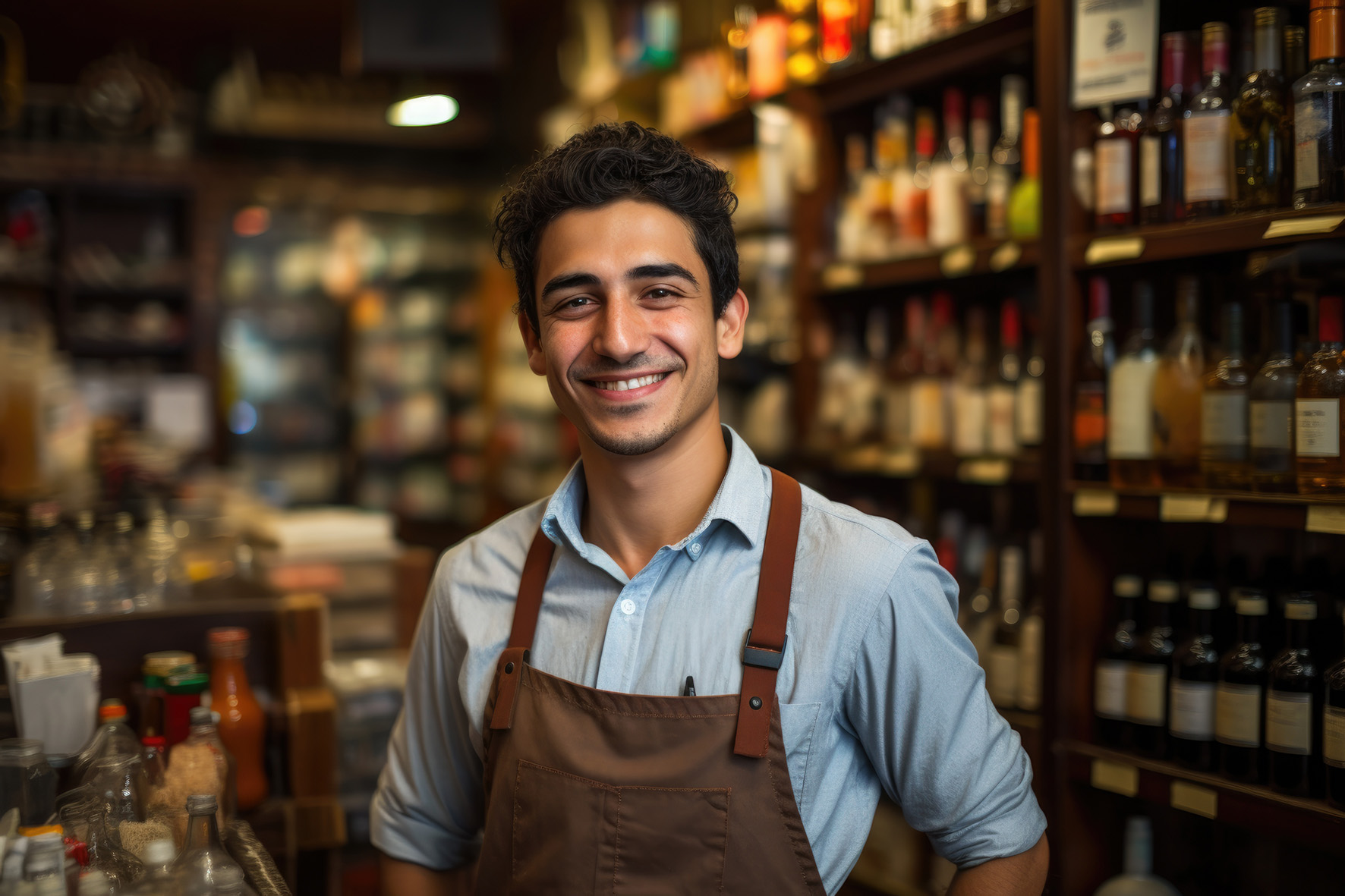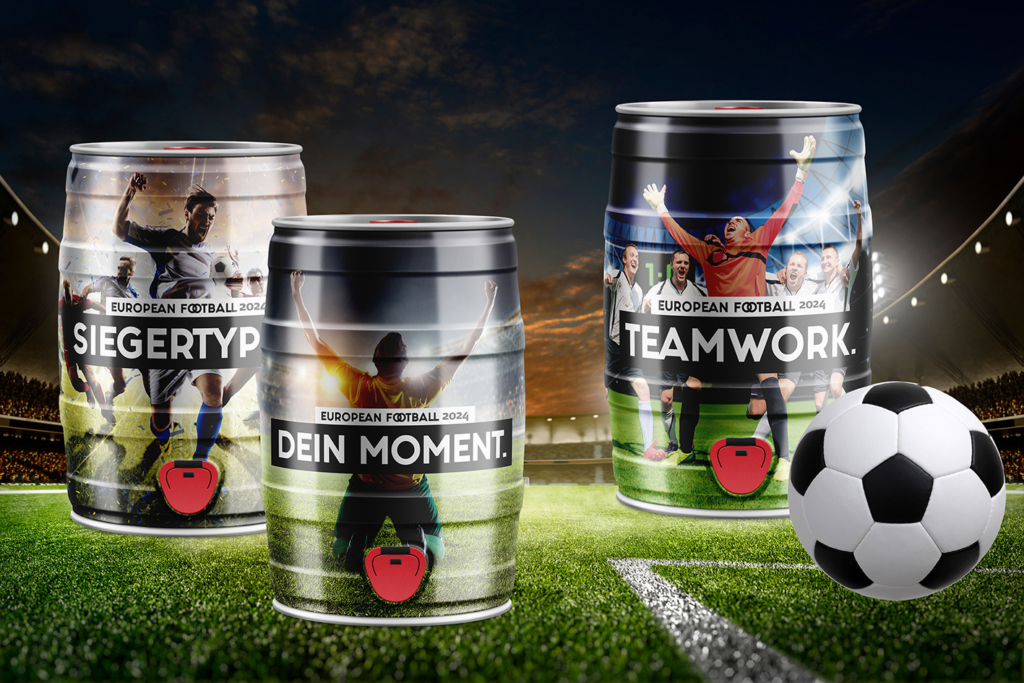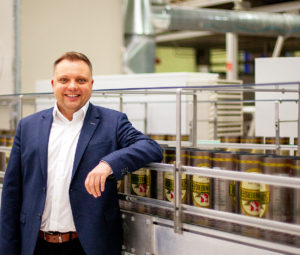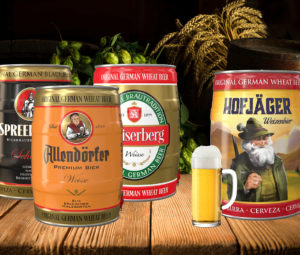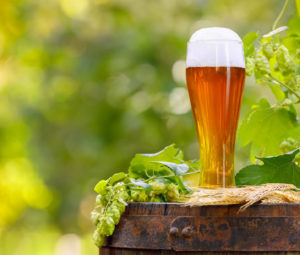
Thorsten Schön, CEO at proGetränke
A world in constant flux and evolution is reflected in the beverage retail sector. To gain more insight into this dynamic industry, we engaged in a conversation with two renowned industry experts: Georg Gorki, former buying agent for Kaufland and Lidl, and CEO of Beveco, the former purchasing platform of the Oetker/Radeberger group. Also joining the conversation was Thorsten Schön, sole owner and CEO of proGetränke, former Team Beverage board spokesman, and ‘Inside’ magazine’s Head of the Year. Their extensive experience and profound understanding of the market provide valuable insights into current trends in beverage retail.
Family business an the germ cell: value-driven entrepreneurship

Georg Gorki, member of the management board at ProGetränke
Georg Gorki and Thorsten Schön emphasize the significance of family businesses as the seedbed of the industry. These businesses often embody a rich history and prioritize values-driven entrepreneurship. In an era where authenticity and trust are crucial, customers often find what they seek in family businesses: quality, proximity, and reliability. ProGetränke currently operates 540 beverage specialty stores, 65 wholesale companies, and 3,500 gastronomy establishments. The company supports all businesses in terms of procurement management, distribution, marketing, and central billing. “While we still cooperate with Team Beverage, we will be entirely independent from 2025,” proudly comments Schön. “Our businesses are currently focused on Bavaria, Hesse, and Baden-Württemberg. Still, we are expanding our concept nationwide and are definitely on a growth trajectory. The entire industry is already talking about it!”
Shift in the beer market: Non-alkoholic beverages on the rise
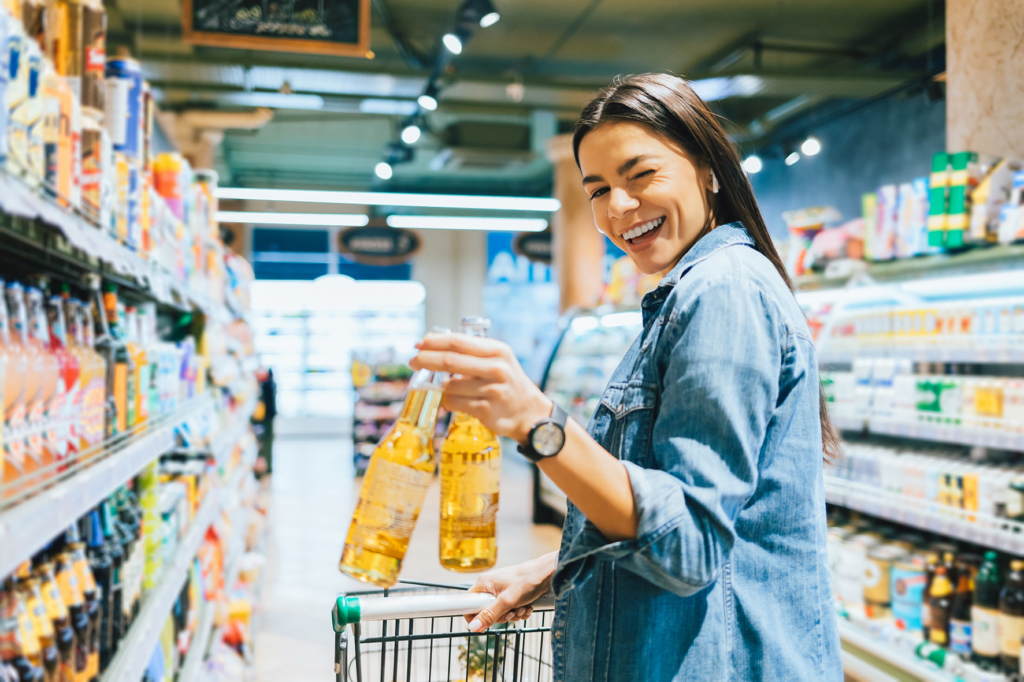
Picture Source: AdobeStock_510677852
Not surprisingly, according to Gorki and Schön, there is a declining trend in the beer market. More and more consumers are opting for non-alcoholic alternatives. This not only reflects a societal shift but also a change in consumer consciousness. The market for non-alcoholic beverages is booming, and companies that adapt early have a good chance of thriving. Interestingly, this transformation can also be observed among major breweries. Many of them are positioning themselves not only as breweries but as versatile beverage manufacturers. This adaptation to changing market conditions highlights how companies must be flexible to remain successful in the long run.
Trends in beverage retail – customers buy local!
In a globalized world, customers yearn for local connection and authenticity. This is reflected in increased buying behavior: customers are increasingly purchasing regionally and favoring smaller breweries. This trend clearly shows that, for many consumers, home is not only a place but also a taste experience and recognition. For beverage retailers, the variety of offerings is crucial. It allows them to cater to the diverse needs of customers and create a unique shopping experience. Especially with regional brands, retailers can make a strong statement and express their commitment and values toward the region.
Diversity of packaging and the longing for community
Another significant aspect observed in beverage retail is the tremendous variety of packaging. With now 120 different bottle types, the market offers an impressive selection. In this cornucopia of possibilities, the Envases Minikeg is indispensable. The 5-liter keg becomes particularly interesting for communal celebrations, whether during major events like the 2024 European Championship or other festivities. The more crises and uncertainties there are in the world, the greater the longing for community and belonging – as demonstrated recently by the European handball championship with filled stadiums. In this context, the party keg becomes a symbol of togetherness, friendship, and collective celebration.
Digitalization and customer focus: Introducing digital systems

Picture Source: AdobeStock_668946788
Digitalization is playing an increasingly significant role in beverage retail. “At proGetränke, we respond by introducing a digital customer card,” explains Schön. Through apps, couponing, and newsletters, individualized offers can be made that align as closely as possible with customer needs. The focus is on customer-centric thinking and using digital systems, AI, and market research to offer tailored deals. Anyone seeking a growth market must also focus on existing customers. Finding a way to influence purchasing behavior to be more individualized and diverse will definitely generate increased revenue.
From shopping places to experience hub: The transformation trend in beverage retail
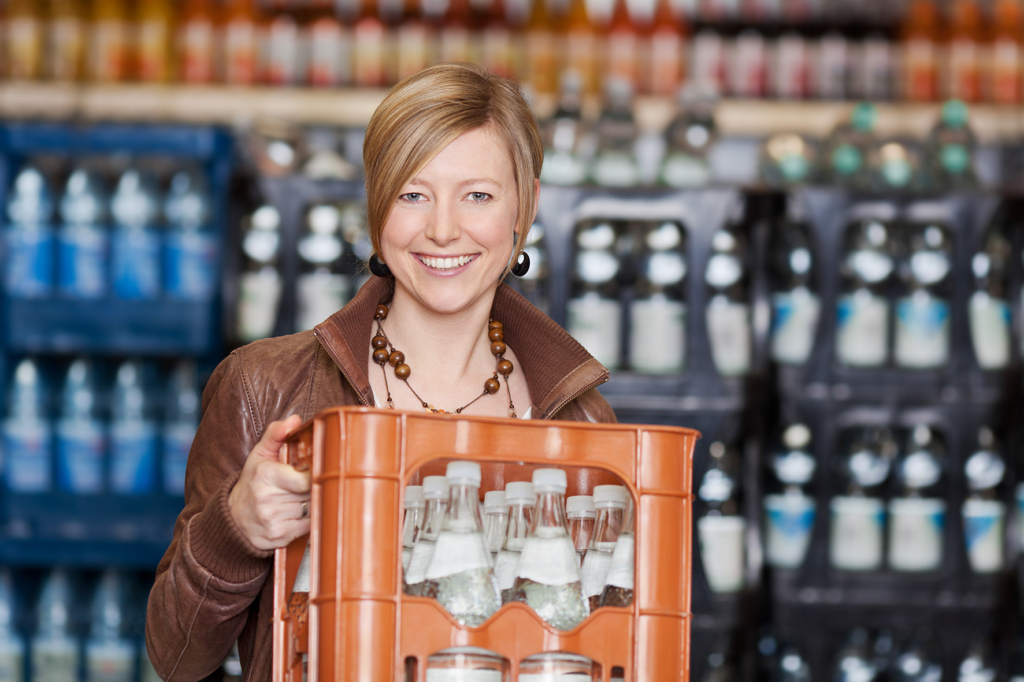
Picture Source: AdobeStock_31177645
Gone are the days of stacked crates and purely practical beverage storage markets. Beverage retail must increasingly position itself as an experience hub to attract customers. While small local suppliers with limited space are more focused on quick purchases, large markets with over 1000 sqm offer the opportunity to create a world of experience. Here, customers should not only shop and stroll but also taste and experience the diversity of products. This presents significant potential for beverage retail. Similar to the grocery retail sector, beverage markets, in various formats, need to think about meeting the changed expectations of customers.
In conclusion, the beverage retail sector faces diverse challenges but also offers substantial opportunities. By adapting to digital trends, creating experiential environments, and understanding customer needs, companies can successfully navigate and grow in a dynamic market environment.
Cover Image Source: AdobeStock_708013505
